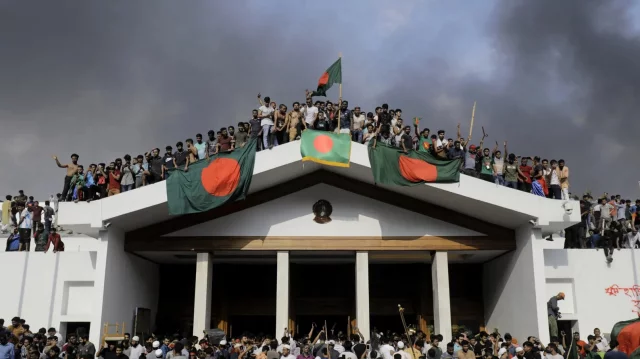The July Uprising represents a pivotal moment in the ongoing fight for justice and democratic reform in many nations. Triggered by deep-rooted social, economic, and political grievances, the uprising reflects the frustrations of citizens who feel marginalized and unheard. Across affected regions, mass protests and civil disobedience campaigns highlighted the population’s demand for accountability, transparency, and fair governance.
Authorities’ responses to the uprising have often been controversial, with reports of crackdowns, arrests, and restrictions on media and communication. Such measures have drawn international attention, sparking debates over human rights, freedom of expression, and the responsibilities of governments toward their citizens. While some see the uprisings as a destabilizing force, others argue they are a necessary catalyst for reform and societal progress.
The July Uprising also underscores the power of collective action. Social media and grassroots networks played a significant role in mobilizing communities, documenting events, and amplifying voices that were previously silenced. As discussions continue at both local and global levels, the uprising serves as a stark reminder that systemic change often arises from the courage and resilience of ordinary people demanding justice. Its outcomes will likely shape political and social dynamics for years to come.



